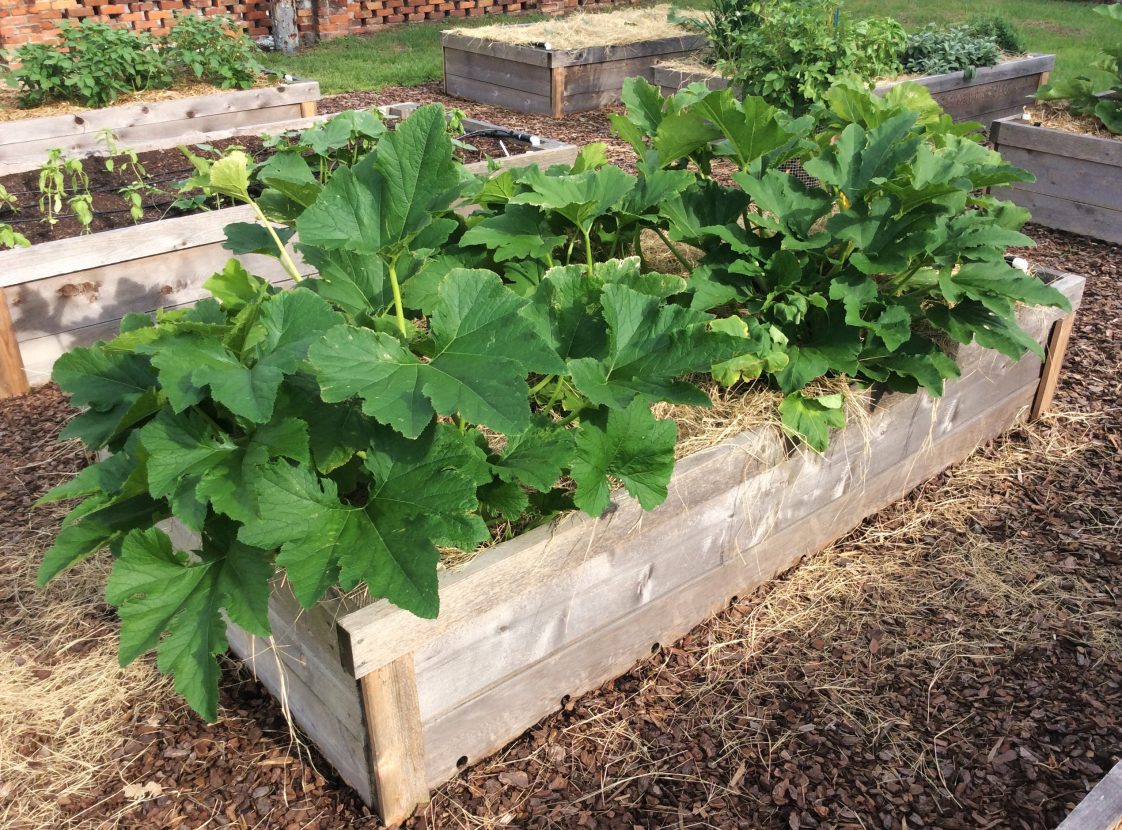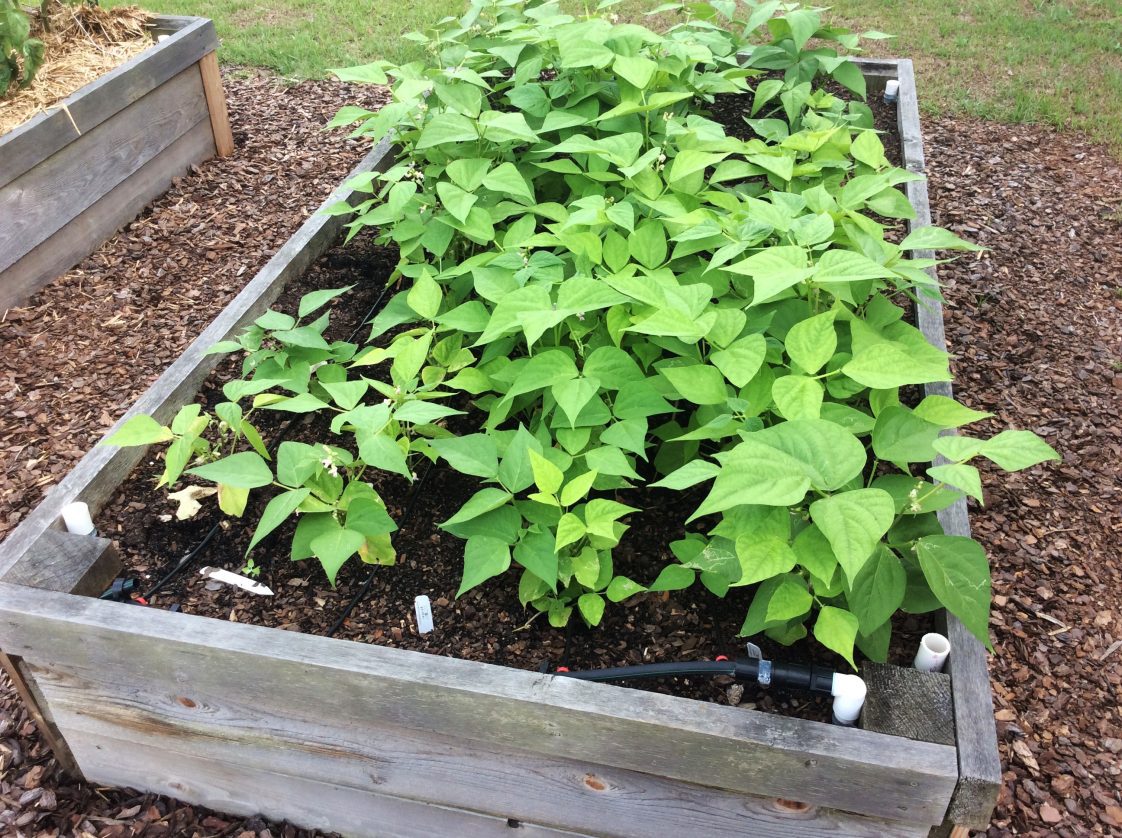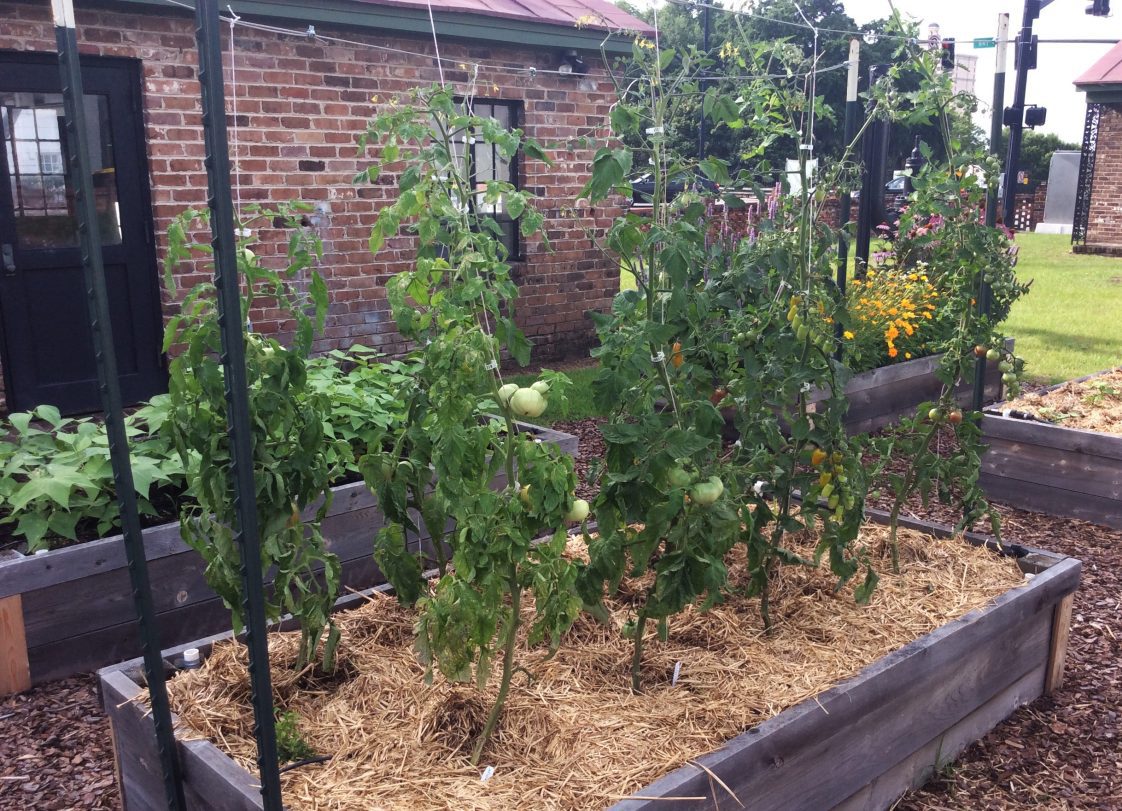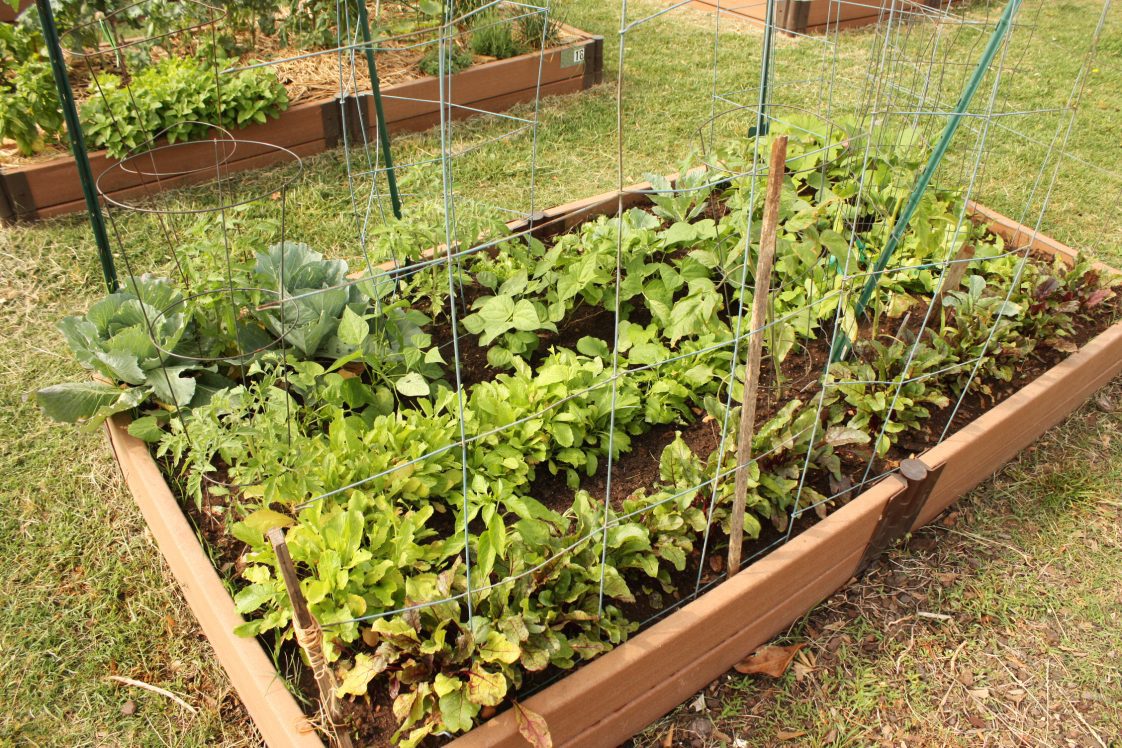Lawn & Garden

AUBURN UNIVERSITY, Ala. — Growing food for family and friends doesn’t require a half-acre commitment. Raised bed gardens offer an alternative for people who cannot garden because of limited garden space, poor or rocky soil, inadequate soil drainage or physical limitations.
Shane Harris, the Alabama Cooperative Extension System coordinator for Tallapoosa County, said regardless of family size or gardening experience, raised beds provide individuals with an opportunity to grow vegetables themselves.
“Raised bed gardens are unique in that the soil level is higher than the surrounding soil — from 6 inches above ground to waist-high — and that they are enclosed with materials to prevent the soil from spilling out,” Harris said.
Ideally, these beds are small enough that a person can maintain them without stepping inside and disturbing the planting area.
Pros and Cons of Raised Bed Gardening
 Harris said bed gardens are popular because they provide opportunities to grow fresh produce in any location.
Harris said bed gardens are popular because they provide opportunities to grow fresh produce in any location.
“Whether you live in an urban area or want a garden at your lake or ocean vacation home, these gardens are the perfect size,” Harris said. “In addition to their location versatility, the cool, wet spring weather doesn’t affect a gardener’s ability to get in the garden. Gardens in raised beds can be planted in spite of environmental conditions.”
Some of the advantages of raised bed gardening include the following:
- Raised bed gardens can help maximize available space. They are typically smaller than traditional gardens, making them a more convenient option in areas with limited space.
- Raised bed gardens can be used as a solution for areas with poor and rocky soil or sloped terrains.
- Beds are usually filled with high-quality soil mixes. These mixes have large amounts of organic matter, which improves drainage and may increase yields.
- No expensive power cultivation equipment is needed.
While disadvantages are less common, there are some to consider:
- Elevated beds tend to dry out faster in the summer, thus increasing the need for supplemental watering.
- Frame and soil materials for establishing a raised bed are an added expense.
- Increased plant density may increase some pest concerns, especially foliar diseases.
Raised Bed Soils
 “One of the greatest advantages of raised bed gardening is the ability to amend the soil or create new soil for the bed,” Harris said. “This is especially important in areas where soils are high in clay and tend to drain poorly or on newly constructed areas, where severe soil compaction has occurred.”
“One of the greatest advantages of raised bed gardening is the ability to amend the soil or create new soil for the bed,” Harris said. “This is especially important in areas where soils are high in clay and tend to drain poorly or on newly constructed areas, where severe soil compaction has occurred.”
Raised beds are often the best option in these situations. Many growing media options are available for creating a raised bed. Any combination of purchased topsoil, compost, fine pine bark mulch, soil conditioner or peat will work well for growing vegetables in a raised bed.
Site Selection and Materials
A raised bed should be built in full sun for best production. Harris said a minimum of 6 to 8 hours of direct sun is required for most vegetables and flowers.
“Expect less-than-optimum production and leggy plants if full sun is not available,” Harris said.
Materials for building a raised bed can vary significantly — from inexpensive to expensive.
“Raised beds can be made just by mounding the soil, but these beds require a lot of maintenance,” Harris said. “Most gardeners prefer to use framing materials to contain the new soil mixture.”
Several materials are commonly used to hold and raise the soil up 6 to 12 inches. These may include old railroad ties, landscape timbers, wood planks, rocks, concrete blocks or decorative bricks. If wood products are used, they should be treated with wood preservatives to increase the life of the structure.
 More Information
More Information
With raised bed gardens, you can use your space more efficiently and maximize your time, energy and money.
“As with any gardening product, the fun and rewards come from your own experimentation and from finding techniques that work best for you,” Harris said.
Learn more about building, maintaining and planting raised bed gardens in Harris’ Extension publication, “Raised Bed Gardening,” available at www.aces.edu. For additional assistance with raised beds or other gardening questions, call the Alabama Extension Master Gardener Helpline at 1-877-252-4769 or contact your local Extension office.

